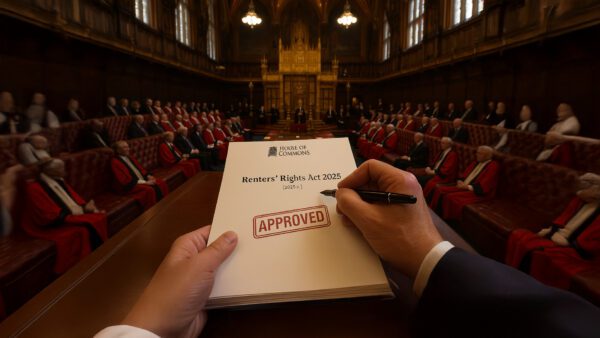The landscape of tipping and service charges in the UK is set to undergo a significant transformation with the introduction of the Employment (Allocation of Tips) Act 2023 later this year.
This legislation aims to eliminate uncertainties surrounding the allocation of service charges and other tips, ensuring that employees receive their due share.
In this article, we delve into the current system and the forthcoming changes that businesses in the leisure and hospitality sectors should be aware of.
Current System: How Does It Work?
At present, “tipping” typically encompasses both tips (whether in cash or card) and service charges, which can be discretionary or mandatory. When customers give cash tips directly to staff, these tips essentially become the property of the employee. While their employment contract may stipulate otherwise, it is generally up to the individual to decide whether to share these tips with colleagues.
On the other hand, when tips and service charges are collected by the employer—whether through a tip jar on the counter or a 12.5% service charge added to the bill—the distribution methods can vary. These range from the employer determining the allocation of tips and service charges to the staff members themselves agreeing on the day’s distribution of cash tips.
Additionally, many businesses put in place a “tronc” system, being a mechanism which allows tips and service charges to be pooled and distributed among staff by a designated “Troncmaster” without direction from the employer. It is worth noting that the chosen method of collection and distribution carries tax and national insurance implications, which will not be covered in this article.
Currently, there are no restrictions on businesses deducting amounts from the collected tips and service charges before distributing them to staff. While there may be valid reasons for such deductions—such as the operational costs of administering a tronc scheme—media attention has increasingly focused on employers making significant deductions from service charges, particularly as around 80% of UK tipping now occurs via card payments.
Five key changes Under the Employment (Allocation of Tips) Act 2023 are as follows:
1. Prohibition of Deductions
Under the new legislation, businesses will no longer be permitted to make deductions from the tips and service charges collected. Every penny collected must be distributed to the staff, with deductions only permissible for tax or as otherwise authorised by law.
2. Obligation To Allocate Tips Fairly
Businesses will be obligated to allocate tips and service charges “fairly” among workers. Although the legislation does not specify what constitutes fair allocation, this is expected to be clarified in due course. Employers will be required to have a written policy outlining the fair, transparent, and consistent distribution of tips.
3. Time Limit For Payment
Tips and service charges must be paid to eligible workers no later than the end of the month following the month in which the tip or service charge was received.
4. Record-Keeping Requirements
Employers must maintain records of the allocation and distribution of tips for a minimum of three years from the date they are received.
5. Right To Claim In Employment Tribunal
Employees will have a separate right to bring a claim in an employment tribunal if there is a breach of these requirements. The tribunal may, among other remedies, order compensation of up to £5,000 to an affected employee to compensate for any losses suffered.
Final Comments
The implications of these changes are significant, particularly for employers in the leisure and hospitality sectors. With businesses already facing financial challenges, the additional administrative burden of distributing tips and service charges could strain resources. One alternative may be to pass these costs back onto customers, but this is unlikely to be popular in the current economic climate.
In light of the forthcoming legislation, it is prudent for businesses to start implementing the necessary policies, structures, and procedures now. By doing so, businesses can be better prepared to comply with the new requirements and ensure compliance from the outset.
To discuss any of the points raised in this article, please contact Adam Convisser or fill in the form below.









